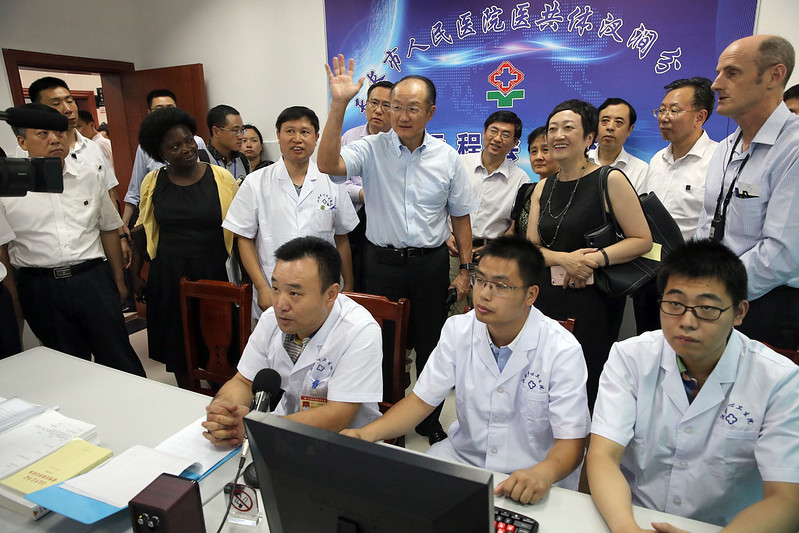Uyghur Health Care Disparities in Xinjiang
 The Uyghur population in China’s Xinjiang Uyghur Autonomous Region (XUAR) faces numerous health care challenges. These challenges contribute to the overall hardships experienced by this ethnic minority. These plights stem from systemic discrimination, inadequate health care infrastructure and human rights violations, all of which exacerbate poverty.
The Uyghur population in China’s Xinjiang Uyghur Autonomous Region (XUAR) faces numerous health care challenges. These challenges contribute to the overall hardships experienced by this ethnic minority. These plights stem from systemic discrimination, inadequate health care infrastructure and human rights violations, all of which exacerbate poverty.
Current Health Care Situation
The distribution of health care services in Xinjiang is highly unequal. Approximately 80% of the region’s health care infrastructure is concentrated in urban areas predominantly inhabited by Han Chinese. Consequently, rural Uyghur communities are forced to rely on substandard and unregistered clinics. Moreover, reports indicate that Uyghurs have been subjected to forced medical treatments, including sterilizations and organ harvesting. These practices violate basic human rights, instill fear and mistrust in the health care system and discourage many from seeking assistance.
Impact on Poverty
Uyghur health care disparities compound existing poverty levels. Poor health reduces an individual’s ability to work and contribute economically. The lack of adequate maternal and child health care services has also led to higher infant mortality rates, further hindering the community’s development. This has created a vicious cycle of poverty and illness.
Health care inequalities contribute to the broader economic divide in Xinjiang. Employment discrimination and social exclusion limit Uyghurs’ opportunities for upward mobility. The economic marginalization fuels ethnic unrest and perpetuates a sense of injustice among the Uyghur population.
NGO Efforts and Interventions
Several nongovernmental organizations (NGOs) have stepped in to address such challenges. These organizations focus on research-based advocacy, raising awareness of human rights violations and pushing for policy changes to improve health care access. The Uyghur Human Rights Project (UHRP) and Human Rights Watch (HRW) document and report crimes against humanity, advocating for global recognition and condemnation of these practices. Such efforts aim to increase international pressure on the Chinese government to improve conditions and ensure the rights and well-being of the Uyghur population.
On the ground, organizations like Muslim Aid USA are taking vital steps to aid Uyghur refugees by providing essential health care services. It established medical clinics and mobile health units in refugee camps and urban settlements, offering maternal and child health services, vaccinations and treatment for common illnesses. Additionally, it recognizes the psychological trauma many refugees endure and is working to provide mental health support. These efforts are crucial in mitigating the Uyghur health care disparities that result in their impoverishment.
Positive Prospects and Technology
Technological advancements such as telemedicine offer innovative solutions to bridge the health care gap. By leveraging digital platforms, providers can reach remote Uyghur communities with medical consultations, health education and monitoring services. Telemedicine is a step toward improving their well-being and empowering individuals to take charge of their health. With continued advocacy and international support, there is potential for progress in Uyghur health care access and quality to create a more equitable future.
– Asiya Siddiqui
Asiya is based in Fremont, CA, USA and focuses on Good News and Global Health for The Borgen Project.
Photo: Flickr
